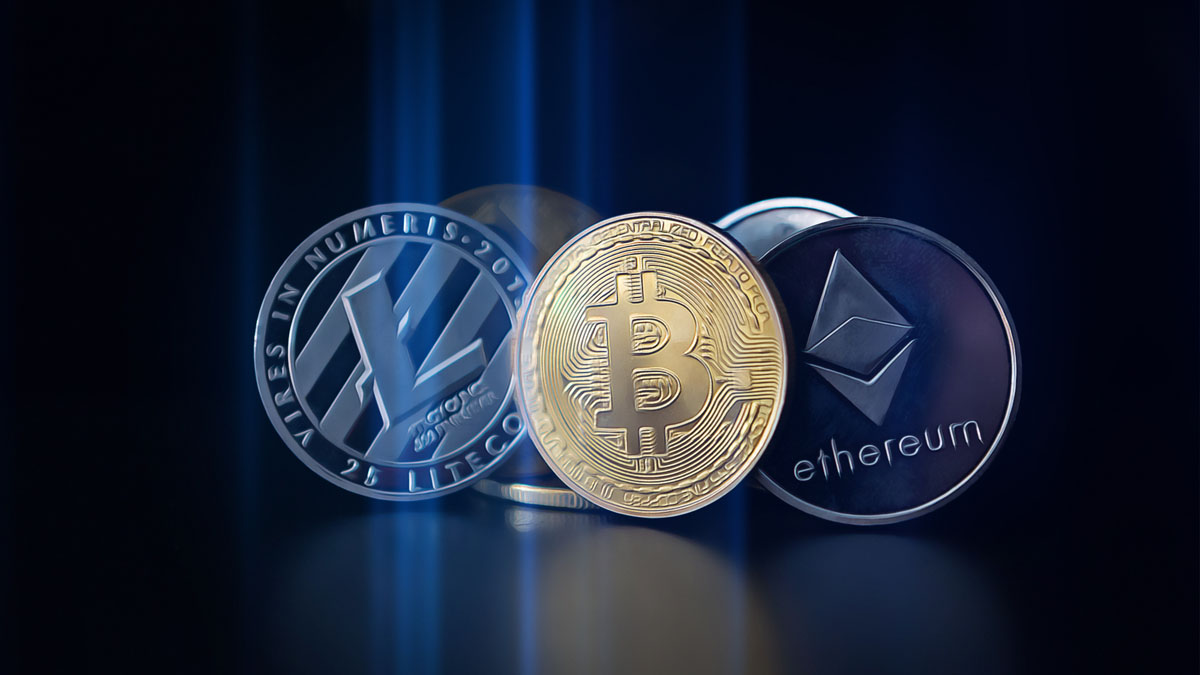QuickSwap, a decentralized exchange derived from Uniswap, operates on the Polygon network, offering a more cost-effective token swap solution. With its native token QUICK, it provides governance capabilities to its users. Unlike its counterpart, Uniswap, which runs on the Ethereum blockchain, QuickSwap uses the Polygon network to enable faster and cheaper transactions.
Introduction to QuickSwap’s Ecosystem
In the competitive arena of Layer-2 decentralized exchanges, QuickSwap distinguishes itself by leveraging the Polygon network’s efficiency to offer users lower transaction fees and quicker payment processing. The DEX utilizes the same audited open-source code as Uniswap, thereby inheriting Uniswap’s established market maker model. The introduction of the QUICK token in February 2021 was marked by an impressive price increase on its inaugural trading day.
The distribution of the QUICK token is designed to be equitable, with no initial funding, and with a commitment to allocate 90% of the tokens for liquidity mining over a span of four years. This approach aims to nurture a community-driven, sustainable ecosystem.
Liquidity Provision and Governance on QuickSwap
On QuickSwap, liquidity providers benefit from collecting a fraction of transaction fees and earning QUICK tokens, which further incentivize participation. As the platform matures, the governance model will transition to a community-led structure, allowing QUICK token holders to propose and vote on protocol amendments, facilitating QuickSwap’s journey towards full decentralization.
For those interested in acquiring QuickSwap Coin, Binance stands out as the primary trading platform. Users can register on Binance, deposit fiat currency, and purchase QUICK Coin through various trading pairs. Furthermore, Binance offers flexible purchasing options, including the ability to set limit orders at desired prices.












